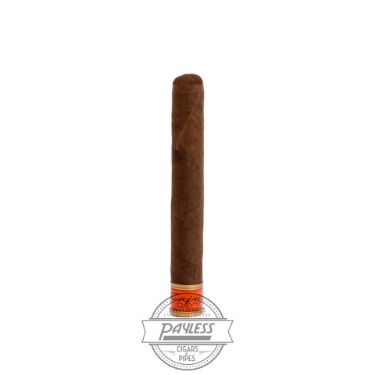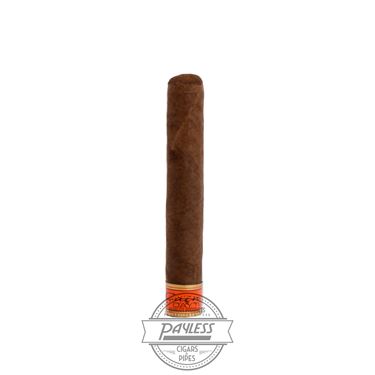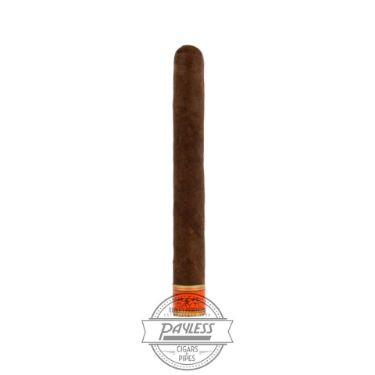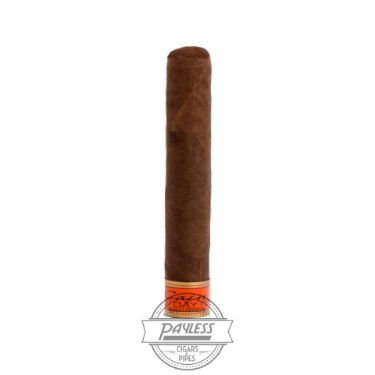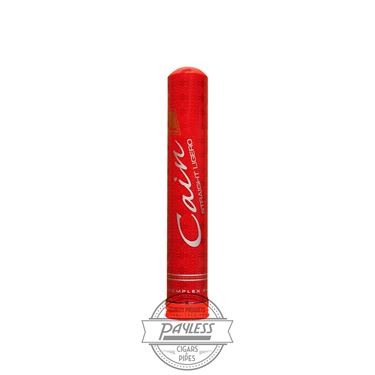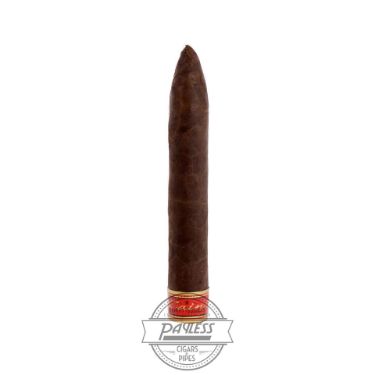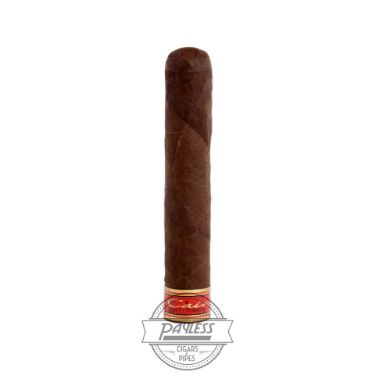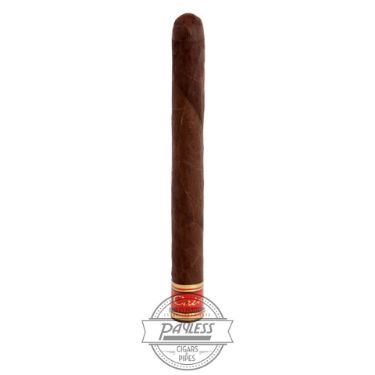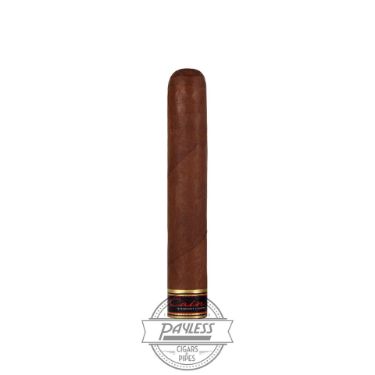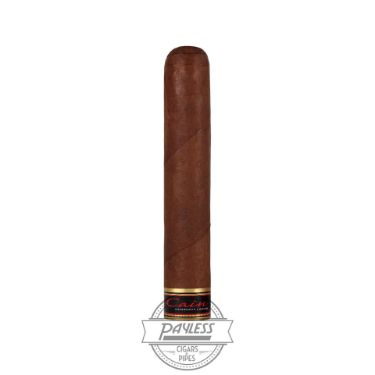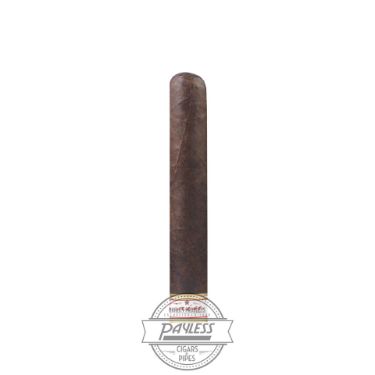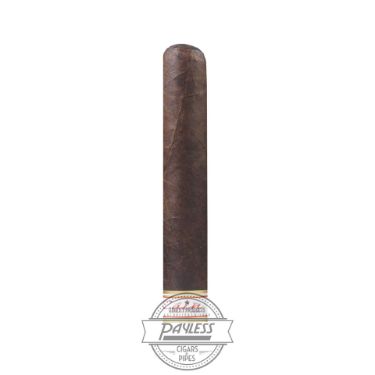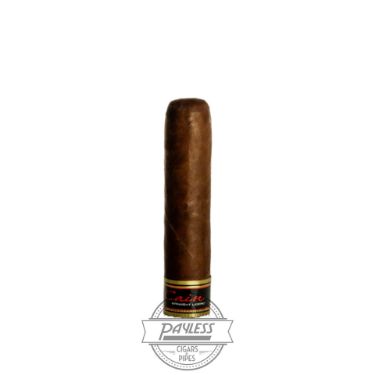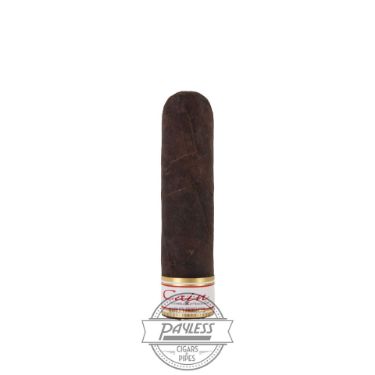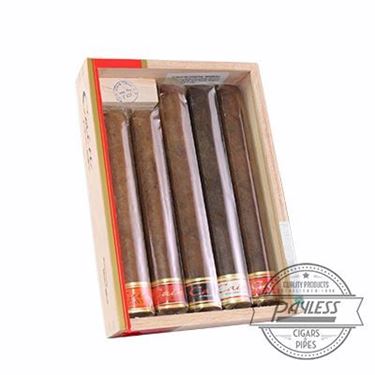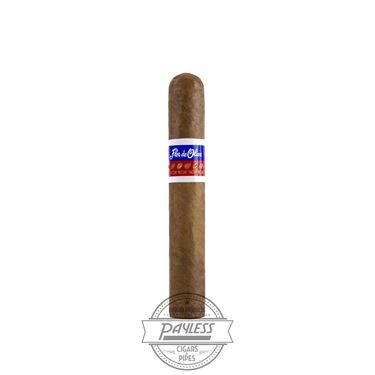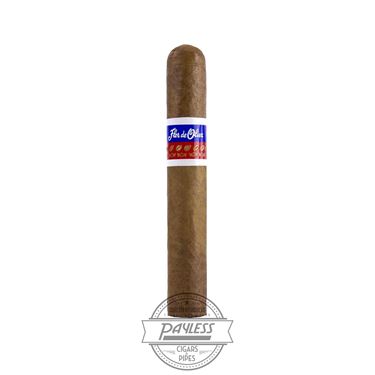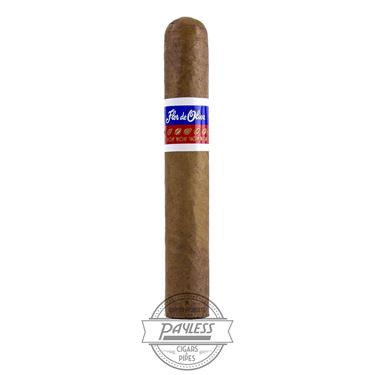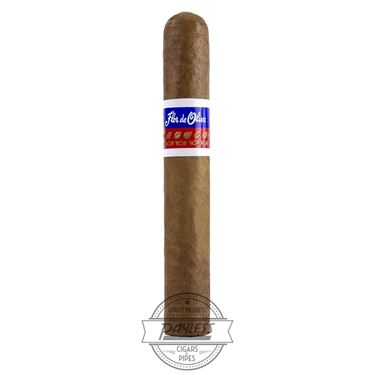In the premium cigar industry, virtually all of the top players share the common trait of tracing their heritage to 19th or 20th-century Cuba. In the case of Oliva Cigar Co, this is no different. The Olivas' patriarch was Melanio Oliva, first growing tobacco in Cuba's famed Pinar del Río region, beginning in 1886. Melanio was succeeded by his son Facundo, cultivating the family fields until the communist takeover in 1959.
At this time, Facundo's son Gilberto emigrated from Cuba and converted the business to tobacco brokerage, moving from Honduras, to Panama, to Mexico, the Philippines, and eventually Nicaragua. In 1995, Gilberto and his son, Gilberto Oliva Jr., established themselves as a brand, launching Gilberto Oliva (which later became Oliva Cigars) and producing their cigars out of the Plasencia family's facilities throughout Central America.
But the Olivas held onto their roots of tobacco agriculture, growing Nicaraguan leaf and storing added inventory as an insurance against unforeseen events. With Nicaraguan tobacco in high demand following the cigar boom of the '90s, this measure catapulted the Olivas to their position as a top manufacturer in the industry. The family opened their own factory in Nicaragua as well, becoming vertically integrated and taking control over their product, from seed to ash.
Today, Oliva Cigars is known for their Nicaraguan-heavy smoking experiences and medium-to-full-bodied profiles. Their straightforward lineup includes acclaimed cigars such as the Oliva Serie G, Oliva Serie O, and Oliva Serie V cigars, many of which have earned countless awards on Cigar of the Year lists throughout the cigar industry.


